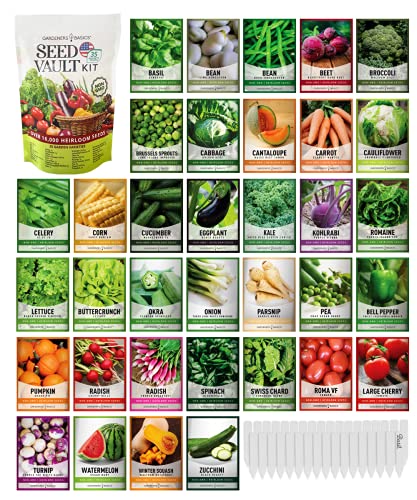Actually I thought it was a good post. Too often we react to anecdotes, then those stories are repeated, then they become legend, then "truth." How many times have you heard of someone getting sick from a flu shot? Same thing. Nobody gets sick from a flu shot. Period. There is no living, viable infectious agent in a flu shot. And there is no need for a medical degree to know this information.
And before anyone asks for my medical qualifications, I'm a doctor.
Stress baby, Never say never in medicine. That's my experience after 31 years as an academic physician.
Am J Med. 1990 Jan;88(1):27-30.
Frequency of adverse reactions after influenza vaccination.
Margolis KL1, Poland GA, Nichol KL, MacPherson DS, Meyer JD, Korn JE, Lofgren RP.
Abstract
PURPOSE:
Although concern about side effects constitutes a major deterrent to patient compliance with recommendations for influenza vaccination, there is a paucity of data about the frequency of adverse reactions to newer trivalent vaccines. Our aim was to determine the frequency of adverse reactions to influenza vaccine in older, chronically ill persons, many of whom are at high risk for influenza-related morbidity.
PATIENTS AND METHODS:
We conducted a telephone survey of 40% of the patients who were vaccinated at a walk-in flu shot clinic. The subjects were randomly assigned to two groups. To determine postvaccine symptom rates, Group I was interviewed seven days after vaccination. Group II was interviewed 21 days after vaccination in order to control for baseline symptom rates. Both groups were queried about fever, disability, and flu-like illness in the week preceding the interview.
RESULTS:
Of 816 patients selected, 650 (79.6%) completed the interview. The mean age of the subjects was 63, and more than two thirds were at risk for influenza-related morbidity. The frequencies of self-reported fever (5.3% versus 5.1%, p = 0.91) and disability (10.4% versus 9.3%, p = 0.65) were similar in the two groups. However, a significantly higher proportion of Group I subjects reported a flu-like illness compared to the Group II subjects (14.2% versus 8.7%, p = 0.03). Although Group I subjects were more likely to report flu-like illness within two days of vaccination compared to a similar time interval for Group II subjects, there was no corresponding clustering of disability after vaccination.
CONCLUSION:
We conclude that the overall frequency of symptoms in both groups was low; however, the absolute risk of a flu-like illness was 5.5% higher during the first week following influenza vaccination when compared with the third week after the injection. These symptoms did not result in a decreased ability to perform usual daily activities.

















































![[Upgraded] 9Pcs Tree Root Growing Box with Drain Holes, Half Transparent Plant Rooting Propagation Ball & Metal Core Twist Ties, for Fast Propagation Plants (Size M)](https://m.media-amazon.com/images/I/514MWQxtWOL._SL500_.jpg)



